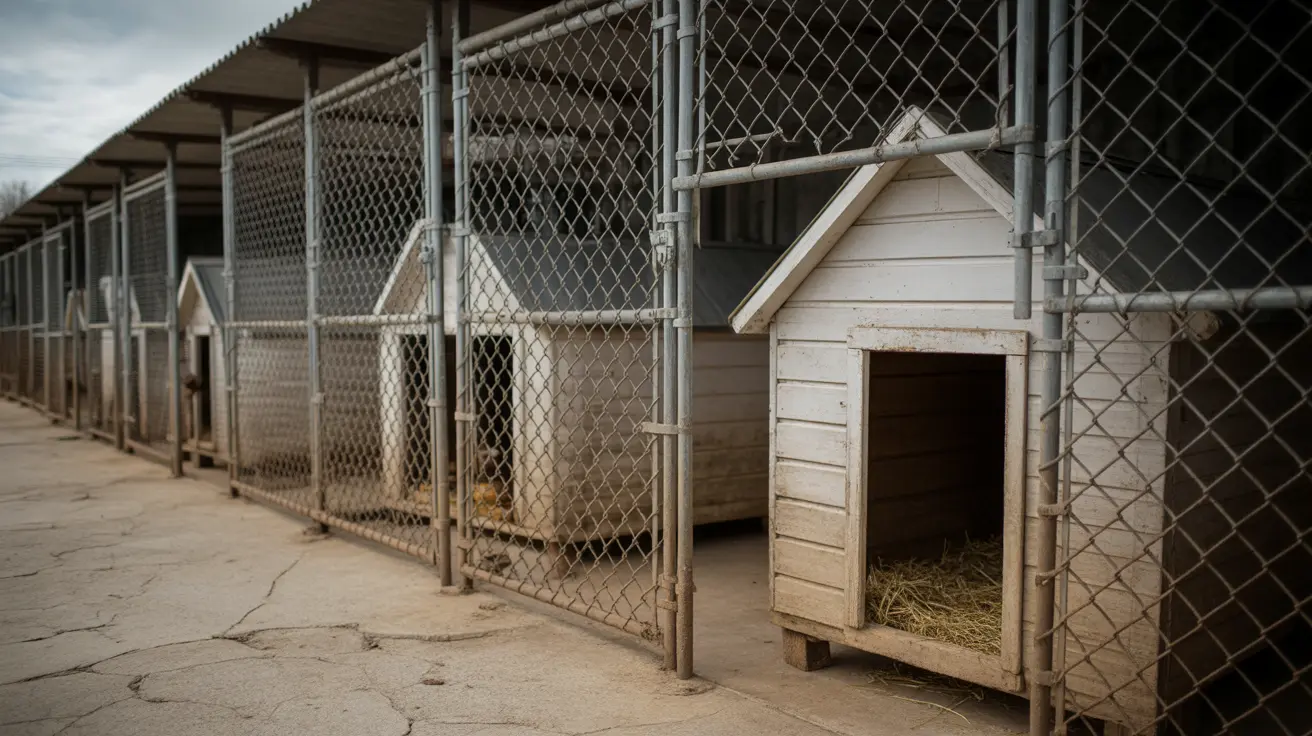Is It Bad to Get Two Cats from the Same Litter?
When deciding to bring a new feline friend into your home, many prospective pet owners face the question: is it bad to get two cats from the same litter? The short answer is no—it’s often beneficial for both you and the cats. Throughout this article, we'll explore the pros and cons of adopting littermate kittens, offer guidance on managing their development, and provide tips for creating a harmonious home environment for your new pets.
Why Littermates Make Great Pets
- Pre-existing Bond: Kittens from the same litter have usually spent weeks growing, playing, and sleeping together. This means they’re already socially bonded, reducing common behavioral issues like loneliness or aggression.
- Easier Transition: Moving to a new home can be stressful for a kitten. Having a sibling around can ease anxiety, making the transition smoother.
- Built-in Socialization: Littermates naturally teach each other social cues through play—biting inhibition, boundaries, and communication skills develop more organically.
Potential Drawbacks to Consider
While adopting two littermates can have myriad benefits, it’s not without potential concerns.
- Littermate Syndrome: Though more commonly observed in dogs, some experts suggest that certain behavioral problems—codependency, fear of separation, or social anxiety—might exist in feline littermates. However, this is less documented in cats.
- Double Costs: Two cats mean double the expenses—food, litter, veterinary bills, vaccinations, and toys.
- Territorial Issues: In some cases, even littermates may develop dominance or territorial conflicts as they mature, particularly if not spayed or neutered in time.
The Importance of Early Socialization and Individual Attention
To prevent potential behavioral issues, it’s important to provide each cat with individual attention and training.
- Separate Crate Training: Even if they sleep together, ensure they can also rest independently to reduce separation anxiety.
- Interactive Play Sessions: Engage with each cat on a one-on-one basis to build individual bonds and ensure personal development.
- Feeding Them Separately: This prevents food aggression and promotes healthy eating habits.
Household Setup Tips
Creating a home that suits two kittens requires some preparation:
- Multiple Litter Boxes: The rule of thumb is one box per cat, plus one extra. This prevents marking or territorial disputes.
- Provide Vertical Space: Cats love to climb. Cat trees and shelves help them live peacefully with room to explore.
- Mealtime Coordination: Feed them in separate spaces during early months to avoid resource guarding.
Vet Care and Spaying/Neutering
Medical care is crucial for both cats’ health and harmony in the household.
- Schedule Wellness Visits: Keep vaccinations, deworming, and general vet checks up to date for both.
- Early Spay/Neuter: Sterilizing your kittens around 4–6 months significantly reduces behavioral problems and health risks.
Common Myths Debunked
- They Won’t Bond to Humans: Some worry that bonded littermates will focus solely on each other. This is untrue if each cat receives consistent individual love, playtime, and training.
- They’ll Always Fight: Occasional play fighting among littermates is normal and part of learning boundaries. True aggression is rare when socialized properly.
When It Might Not Be Ideal
While getting littermates has many perks, some scenarios suggest it might not be the best fit:
- Unprepared for Double Responsibility: If you’re unsure about handling the double time, expense, and commitment, one cat might be more manageable.
- Already Own a Cat: If you already have a resident cat, introducing two bonded kittens can upset the household balance.
Conclusion: Two Littermates, One Happy Home
Getting two cats from the same litter is not bad—in fact, it’s often a smart, compassionate choice. These kittens come with built-in companionship, easier transitions, and natural socialization. With attentive care, individual bonding, and proper household structure, littermates can grow into happy, healthy, well-adjusted adult cats.





